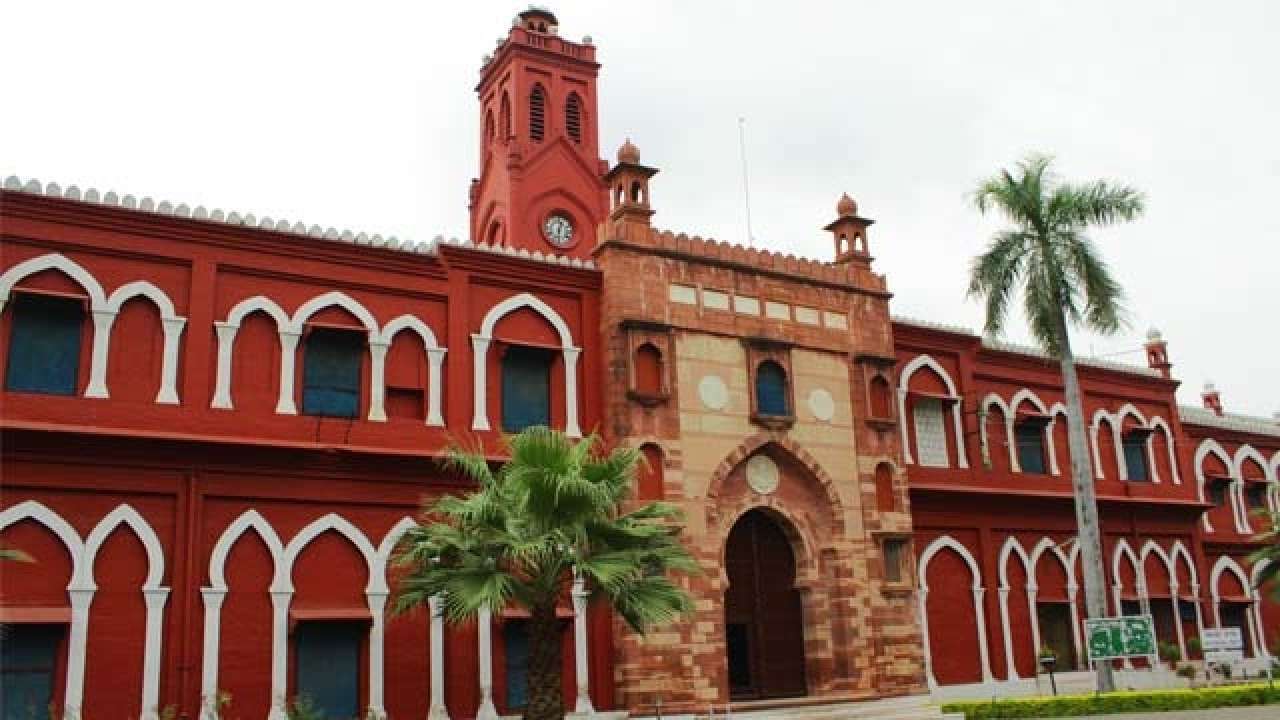In a significant ruling, the Supreme Court has declared that no minority institution, whether fully funded or partially funded by the government, can provide religious education to its students. The court’s bench, comprising Chief Justice of India D Y Chandrachud and Justices Sanjiv Khanna, Surya Kant, J B Pardiwala, Dipankar Datta, Manoj Misra, and Satish Sharma, emphasized that even partially funded minority institutions are prohibited from enforcing compulsory religious teaching.
This observation came as Solicitor General Tushar Mehta highlighted that the 1951 amendment to the AMU Act eliminated compulsory religious teaching for Muslim students in the Aligarh Muslim University (AMU). Justice Khanna affirmed this stance, stating, “We acknowledge that a minority institution, fully funded by the state, cannot provide religious teaching to its students. If it receives any grant, even a mere one percent of its budget from the government, the minority institution is permitted to offer religious teaching only to students who volunteer for it.”
The bench stressed that once a minority institution gains recognition from the government, it is not allowed to mandate compulsory religious teaching for its students. Mehta underlined that these conditions, associated with government grants, apply universally to all educational institutions, whether minority or non-minority.
The bench also raised questions about the Rs 30 lakh reserve fund created by Muslims as a pre-condition for obtaining statutory recognition for AMU. It questioned whether this act could serve as grounds for granting minority status to the university. Mehta clarified that the Rs 30 lakh was contributed by various communities, not solely by Muslims. He argued that the historical non-minority character outlined in the AMU Act should remain unchanged based on post-Constitution considerations.
Mehta pointed out that both AMU and BHU, established in 1920 and 1915, used to receive a grant of Rs 1 lakh per annum from the British government. Presently, AMU receives annual grants-in-aid of Rs 1,570 crore from the government, holding the status of an institution of national importance and ranking prominently among distinguished universities.












